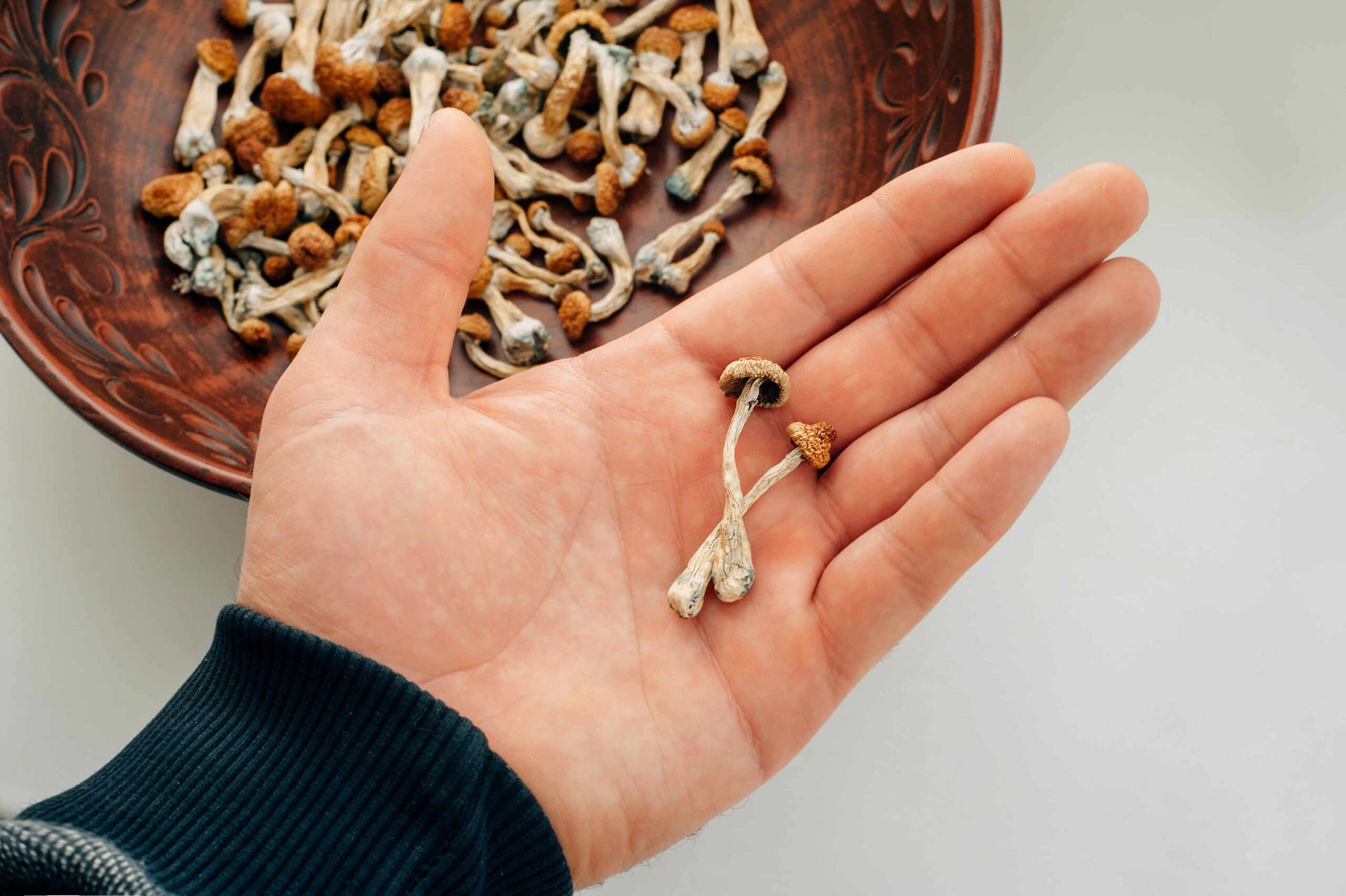
Australia is the first country to legalize psilocybin and MDMA therapy
The Land Down Under made a historic move over the weekend, although some pundits are wary of exactly how the big shift will play out.
Australia was the first country in the world to authorize the use of psilocybin and MDMA with a doctor’s prescription to treat psychiatric conditions such as post-traumatic stress disorder (PTSD) and depression. As of Saturday, July 1, both drugs were approved for therapeutic use after regulators approved the budding treatment option earlier in the year.
Australia makes psychedelic history
Australia’s medicines regulator, the Therapeutic Goods Administration (TGA), approved the move back in February, saying the change was not made lightly. Rather, the decision came after a nearly three-year decision-making process that included extensive consultation with a number of experts on the subject. MDMA, also known as Ecstasy or Molly, has been approved to treat PTSD, while psilocybin, the psychoactive compound in psychedelic mushrooms, has been approved to treat treatment-resistant depression.
Both drugs are downgraded from Australia’s strictest category, Schedule 9, which includes ‘prohibited substances’, to Schedule 8, or controlled drugs, but strictly for medical use in psychedelic-assisted psychotherapy.
While cities and states in the United States have gradually eased restrictions on psychedelics, also ushering in a new era of therapeutic care, Australia has become the first country in the world to shut down psilocybin and MDMA for clinical treatments. The country now allows these substances to be taken during therapy sessions under the guidance of a qualified and authorized physician.
Increasing evidence for the potential of psychedelic treatments
While psychedelic drugs like psilocybin and MDMA have long been criminalized, research has opened the doors to a potentially groundbreaking alternative for treating mental illness, particularly conditions that cannot be treated with conventional methods.
Along with countless other studies on the subject, a 2022 study that included the largest randomized, double-blind, controlled trial of psilocybin to date showed “significant” improvements in treatment-resistant depression among participants. The study included two doses, 1mg and 25mg of psilocybin, and found that those who received a 25mg dose with psychological support experienced a “statistically highly significant reduction in depression symptoms” after three weeks.
Similarly, researchers have studied MDMA extensively as a potential treatment for PTSD as the ongoing psychedelic renaissance unfolds. Results from a clinical study earlier this year “support the development of MDMA-assisted therapy as a potentially new breakthrough therapy for treating individuals with PTSD – a patient population that often suffers for years,” said Amy Emerson, executive director of MAPS Public Benefit Corporation that conducted the study.
These studies are just two of many in the growing field of psychedelic medicine, although more research is needed to fully unlock the potential of drugs like MDMA and psilocybin. And some Australian experts have expressed concern about the latest move.
Concerns and hopes for the future of mental health
For one thing, these are psychedelic drugs, so there is a risk of a bad trip when using them. Susan Rossell is a Psychiatrist at Swinburne University of Technology in Melbourne working on Australia’s only active clinical trial to test psilocybin-assisted psychotherapy for treatment-resistant depression. Rossell pointed out that one of the gaps that research needs to fill is figuring out which type of patient is best suited for treatment.
“It’s not for everyone. We need to find out who these people are who are going to have a bad experience and not recommend it,” Rossell told Nature, adding that she worries that if the drug is administered improperly, the treatment could result in bad trips and even more so for patients might bring psychological problems they came with.
More broadly, it is clear that the shift towards psychedelic medicine is happening much faster than cannabis was before, as it is a drug that is also criminalized and is currently undergoing major reform. Outside Australia, some leaders and pundits have also questioned whether things are moving too quickly.
Others have pointed out that Australia’s move marks an important milestone for psychedelic assisted therapy. Payton Nyquest, co-founder and CEO of psychedelics-based mental health company Numinus, commended regulators for the bold move.
“The TGA’s approval of MDMA and psilocybin for specific and controlled use is a welcome advance for Australia and the wider mental health community,” Nyquvest wrote in an email to Forbes. “This decision impacts the millions of people suffering from treatment-resistant mental illness and opens the way for profound life changes. I look forward to watching progress being made on a global scale as a result of our industry’s collective mission to help the world heal.”

Post a comment: